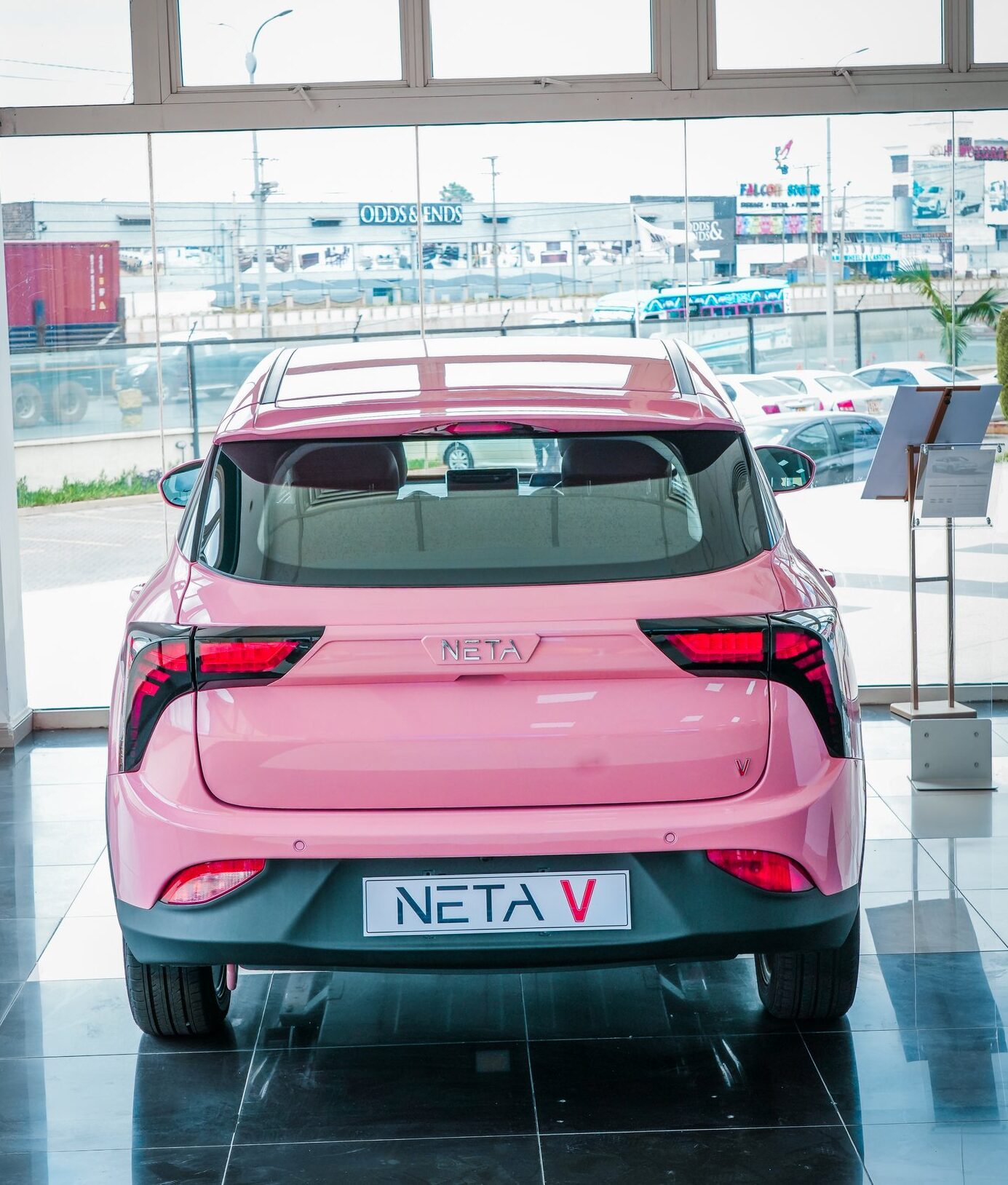Sign up for daily news updates from CleanTechnica on email. Or follow us on Google News!
A comment in the discussion thread under one of our recent articles — perhaps this one about BYD’s leadership — triggered a question in my head. How many new models has BYD released in the past year?
I asked our resident expert, José Pontes, and he shared 9 models that have already been launched this year and another 6 that will be launched soon. Tesla launched the Cybertruck nearly a year ago. In that year, BYD thus will have released 9–16 models. In the BYD brand, the models launched so far this year are the: Qin L, Song L PHEV, Yuan Up, Sea Lion 05, Sea Lion 07, Seal 06, and the Shark pickup truck. In the Denza stable, there’s the new Z9 GT. Then, as far as the Yangwang brand, we have the U9. “Models sure to arrive soon: BYD Tang L, BYD Xia, Denza Z9, Denza N9, Yangwang U7, FangChengBao Bao 8.”
Does that make BYD better? Not necessarily. However, what we have seen lately is BYD sales have continued growing fast while Tesla sales have dropped or stagnated. I do think a bit part of this is lack of new models and dropping enthusiasm for current models. If Tesla rolled out a new model every 6 months, I don’t doubt at all that its sales would be rising strongly.
Now, some people claim that Tesla is production constrained. But based on the Tesla shareholder letter and conference call this week, that’s definitely not the case. Discussing coming cheaper models, Tesla wrote, “This should help us fully utilize our current expected maximum capacity of close to three million vehicles, enabling more than 50% growth over 2023 production before investing in new manufacturing lines.” On existing production lines, Tesla thinks is can achieve 50% sales growth with new models. And, given Elon Musk guided 20–30% targeted growth in 2025, it appears the company doesn’t even have hopes of maximizing production from existing lines in 2025.
Of course, Tesla is still making billions of dollars in profit. It’s not failing. It’s only in comparison to previously forecast growth of 50% a year, on average, that it’s failing. But the point is that, if Tesla was rolling out a bunch of new models each year, it likely would be seeing much faster growth.
There’s perhaps one final note to make here. Musk has said on a number of occasions that people shouldn’t be invested in Tesla (NASDAQ:TSLA) if they don’t believe in the company’s approach to robotaxis, AI, and robotics. As already noted, Tesla is highly profitable already, without any real products in those arenas. If it was rolling out more models each year, it would probably be growing like BYD, or growing how it used to. There’s a case now, and there would be a bigger case, to invest in Tesla. Though, on the other side of the equation, Tesla’s market cap is far above what it is for other automakers. Valuing Tesla as an automaker, it should have a much lower market cap. So, I get the point that one should only expect the stock to rise if Tesla succeeds with robotaxis, AI, and robotics. The company’s conventional auto business is sort of being left on the side in pursuit of progress in those other matters, and with the assumption that demand for its cars will skyrocket once it achieves robotaxi capability.
We’ll see where all of this leads. Clearly, much different models are being pursued. The funny thing is, Tesla and BYD have followed extremely different approached to electric vehicles for more than a decade, and yet, they are at a similar level of scale in the BEV market. Funny, and just too bad there isn’t a third automaker at a similar volume.
Chip in a few dollars a month to help support independent cleantech coverage that helps to accelerate the cleantech revolution!
Have a tip for CleanTechnica? Want to advertise? Want to suggest a guest for our CleanTech Talk podcast? Contact us here.
Sign up for our daily newsletter for 15 new cleantech stories a day. Or sign up for our weekly one if daily is too frequent.
CleanTechnica uses affiliate links. See our policy here.
CleanTechnica’s Comment Policy




